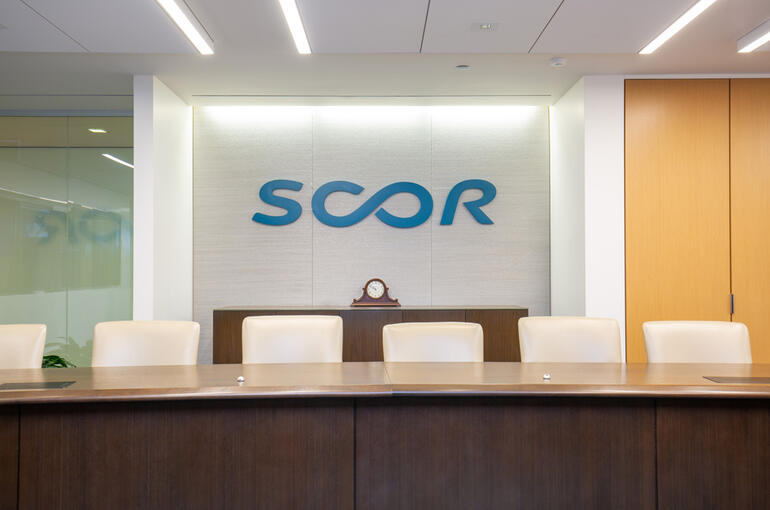SCOR Supports New UN PSI Report
How life and health insurers can drive better health outcomes and address the protection gap
21 juin 2023

The UN Environment Programme’s Principles for Sustainable Insurance (PSI) Initiative on June 21 released its latest report, "Health is our greatest wealth: how life and health insurers can drive better health outcomes and address the protection gap." Daria Ossipova, Head of Business Acceptance Knowledge at SCOR, represents the company in the United Nations' PSI working group.
PSI serves as a global framework for the insurance industry to address environmental, social and governance (ESG) risks and opportunities. This global initiative aims to strengthen the insurance industry’s contribution as risk managers, insurers and investors to building resilient, inclusive and sustainable communities and economies on a healthy planet. Launched in 2012, more than 250 organizations have joined the PSI as of June 2023, including insurers representing about one-third of world premium and USD 15 trillion in assets under management, and the most extensive global network of insurance and stakeholder organizations committed to addressing sustainability challenges.
The COVID-19 pandemic highlighted the importance of access to healthcare and the need for individuals to take proactive measures to maintain their health and well-being. The protection gap has widened post pandemic, especially for vulnerable groups, due to the rising cost of living expenses including healthcare, job losses and reduced incomes. These factors are especially impactful in low- and middle-income countries. Plus, preventive healthcare spending remains very low in comparison to overall public health spending – below 5% across OECD countries.
The need is evident for actions to strengthen health system resilience by closing the protection gap and facilitating a more preventive healthcare model. Outcomes of such measures extend far beyond direct health benefits, as more resilient health systems are central to the development of stronger and more robust economies and societies.
Life and health insurers have both responsibility and opportunity to embrace and promote a shift from a claims-based model to preventive and value-based care. By increasing the focus on primary prevention and reducing the reliance on late-stage treatment and rehabilitation, insurance providers could play a key role in eliminating unnecessary illness, injury and death while improving healthcare outcomes and supporting a more resilient society.
Addressing the protection gap likewise ensures that individuals can access needed healthcare without facing financial hardship. By focusing both on closing the protection gap and preventive healthcare, our industry can help improve overall health outcomes, reduce health inequalities, and reduce healthcare costs for individuals and society as a whole.
The paper summarizes how life and health insurers can address priority ESG risks across seven themes by implementing approaches that improve health risk prevention and address the global protection gap. Case studies in the paper illustrate best practice examples for insurers’ consideration, highlighting actions the insurance industry can take to address the issues within the scope of analysis. To learn more about the seven themes and the proposed strategies to address the protection gap and drive better health outcomes, read the full report, Health is Our Greatest Wealth: How life & health insurers can drive better health outcomes and address the protection gap.